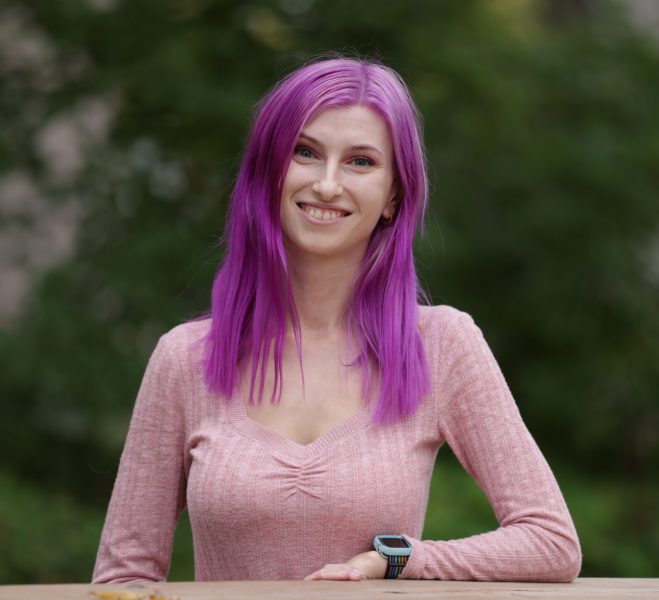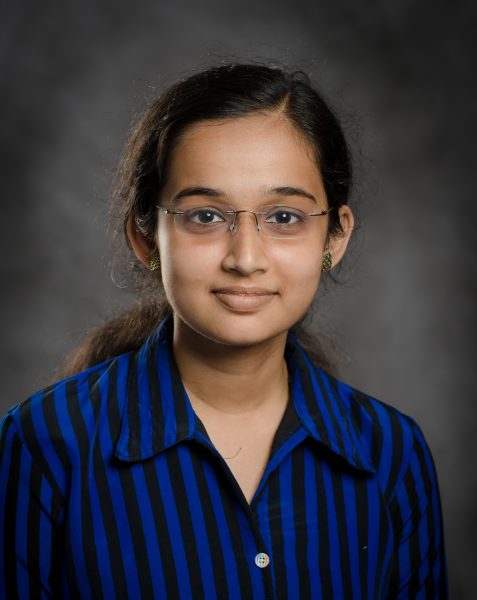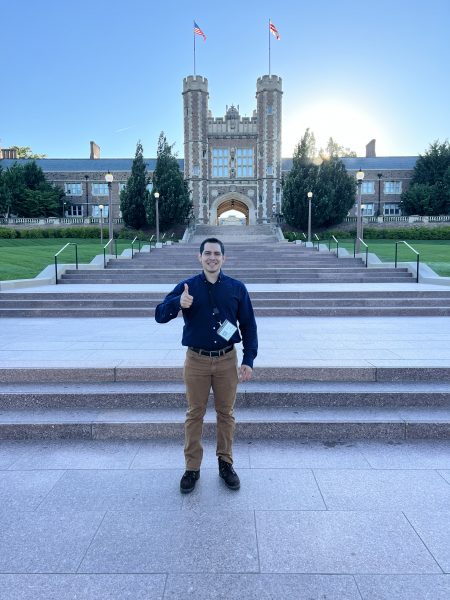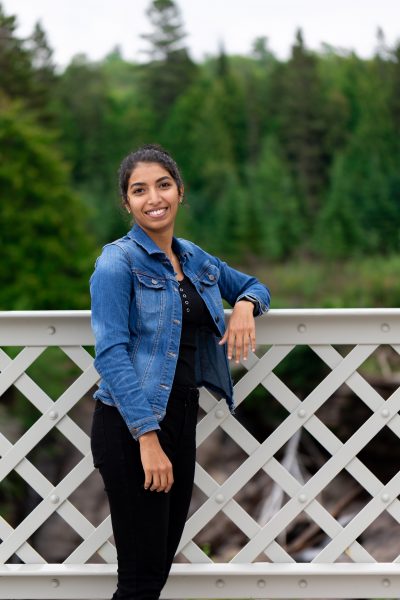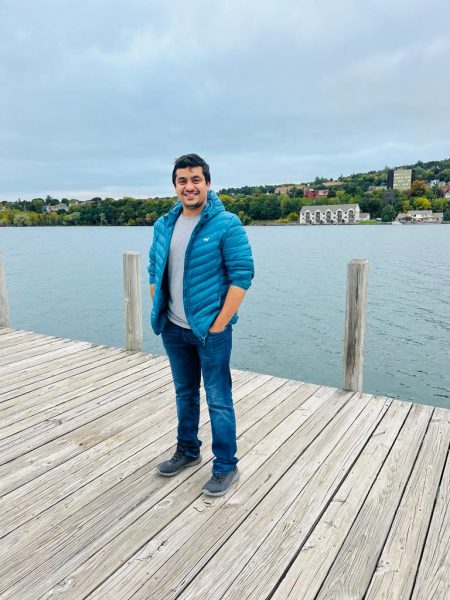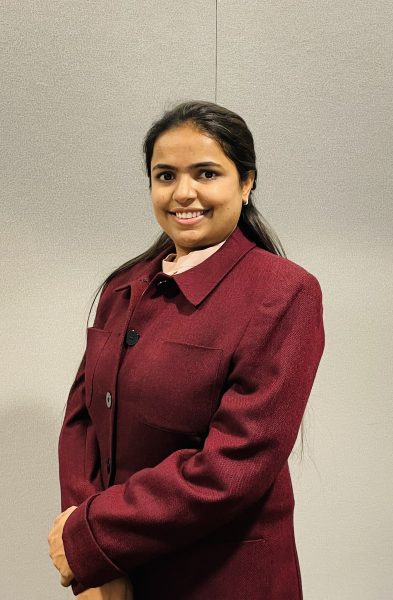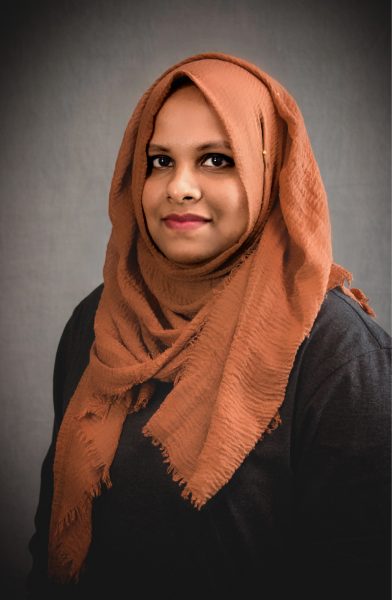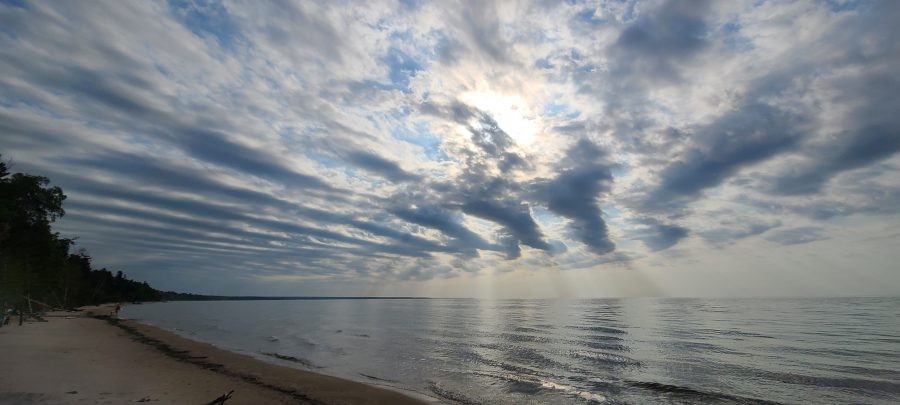Nominations are now open for the Midwestern Association of Graduate Schools (MAGS) Excellence in Teaching Awards. Michigan Tech may nominate one student at the MS and PhD level. Each graduate program may nominate one student at the MS and PhD level. Nominations are due to the Graduate School no later than 4pm, December 13, 2023.
Eligible students
- will have been enrolled at Michigan Tech during the 2023 calendar year and have a teaching appointment
- will have earned the Michigan Tech Outstanding Graduate Student Teaching Award
- will have an excellent teaching portfolio and student evaluations
See the application page for complete details on what is required for a nomination.
